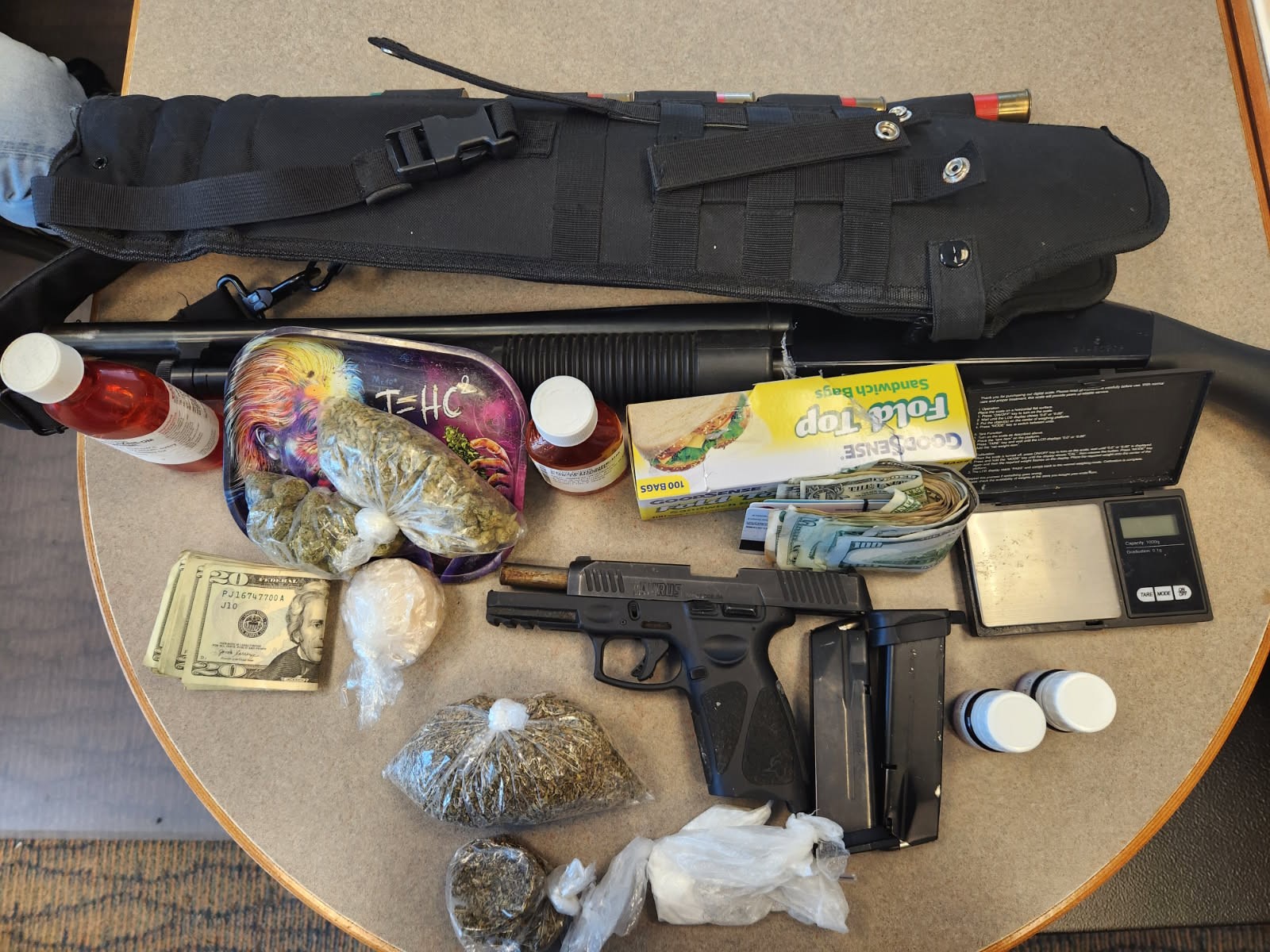SENATE OPENS SPECIAL BY MOVING SUNSET BILLS
Published 11:38 am Wednesday, July 19, 2017
The Senate on Tuesday passed two critical bills through committee, moving one step closer to opening the door for 19 more topics to be addressed during the 30-day special session. The death of legislation in the regular session to continue the operations of state agencies that license and regulate doctors, therapists and other healthcare providers made this extra term necessary with the agencies set to expire on September 1. Governor Greg Abbott said in June that if he was forced to call a special session, he’d make sure Texas taxpayers got their money’s worth. The governor sets the agenda for any special session, and Abbott said that once the Senate passed legislation continuing the licensing agencies, he’d use his authority to add 19 more topics to the call.
Senators moved quickly to make that happen, referring and passing two measures out of committee to extend the Texas Medical Board, as well as agencies that oversee psychiatrists, therapists, social workers and professional counselors. These measures don’t include any of the reforms laid out in the regular session versions of these bills and just permit the continued operation of the agencies in question through 2019. Bill author and Plano Senator Van Taylor said that members may have a chance to address reforms suggested by the state’s Sunset Commission once the Governor expands the call.
The next step is for the full Senate to consider and vote on the measures, which could happen as early as Wednesday. Once that is done, Abbott has said he will add at least 19 more issues to the agenda. Two of the regular session’s most controversial issues, a bill to rein in local property tax growth and another to regulate who can use which public bathroom, commonly known as the bathroom bill, will be open for debate. Also on the slate is a series of bills that would restrict municipal authority in a number of areas, from bills that would ban some tree preservation regulations, to expediting city and county permitting procedures. The supplemental call would also allow bills that would impose a new spending cap on state and local spending, one that is determined by population growth plus the rate of inflation.
Trending
Three topics relating to public education will also be eligible under the expanded agenda. Bills to increase teacher pay, introduce a limited school choice program for children with disabilities, and create a commission to study the school finance system in Texas will be debated over the next 30 days.
Abbott has said he will also add to the call issues relating to healthcare. This will include bills regulating abortion policy, with measures to restrict insurance coverage for abortions, reporting requirements for abortion complications as well as a ban on public money going to providers who perform abortions all eligible for debate. Abbott also wants to see legislation to reduce the maternal mortality rate in the state, currently the highest in the nation.
With only 30 days to address all these measures, lawmakers will face a tight schedule if they want to pass all 20 issues Abbott has said he will allow. Should some not pass, the governor has the right to call as many 30-day special sessions as he wants in order to see these issues addressed. In his June press conference announcing the current special session, however, he said that he believed 30 days is more than enough time to see to these topics. “If they fail, it’s not for lack of time, it would be because of a lack of will,” said Abbott on June 6.
The Senate will reconvene Wednesday, July 19 at 1 p.m.




